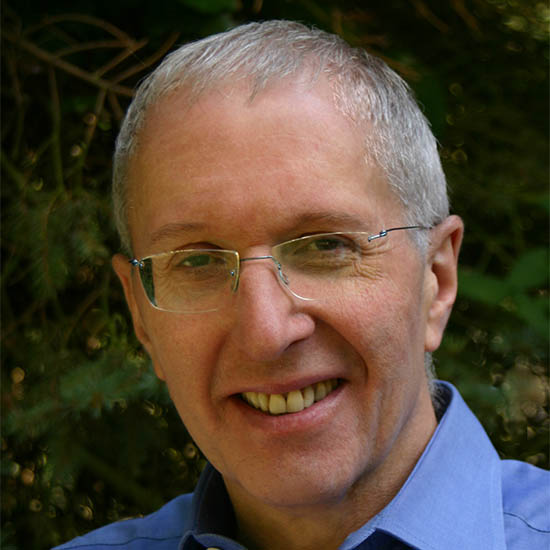Michael Pepper has long been at the forefront of condensed matter physics. He pioneered the study of quantum effects seen in low dimensional electron gas systems — where electrons behave as a gas but their flow is constrained to zero or one dimensions. His discoveries have been important in the development of semiconductor-based nanoelectronics.
Michael was first to confirm experimentally in detail the theory of Anderson transitions, where a material can be switched between metal- and insulator-like behaviour. Additionally, he was one of three authors of the first paper announcing the discovery of the quantum Hall effect. This can be used to obtain a very precise value for the fine structure constant — a fundamental quantity in quantum theory.
His awards include the inaugural Mott Medal of the Institute of Physics, the European Physical Society’s Europhysics Prize, the Institution of Engineering and Technology’s Faraday Medal, and the Hughes and Royal medals of the Royal Society. He was knighted in 2006 for services to physics.
Professional position
- Trustee of the Foundation, The Wolfson Foundation
Subject groups
- Engineering
Engineering, semiconductors
Awards
Bakerian Medal and Lecture
On 'Semiconductor nanostructures and new quantum effects'.
Hughes Medal
For his many important experimental investigations into the fundamental properties of semiconductors especially low-dimensional systems, where he has elucidated some of their unusual properties like electron localization and the Quantum Hall effects.
Royal Medals
For his work which has had the highest level of influence in condensed matter physics and has resulted in the creation of the modern field of semiconductor nanostructures.

